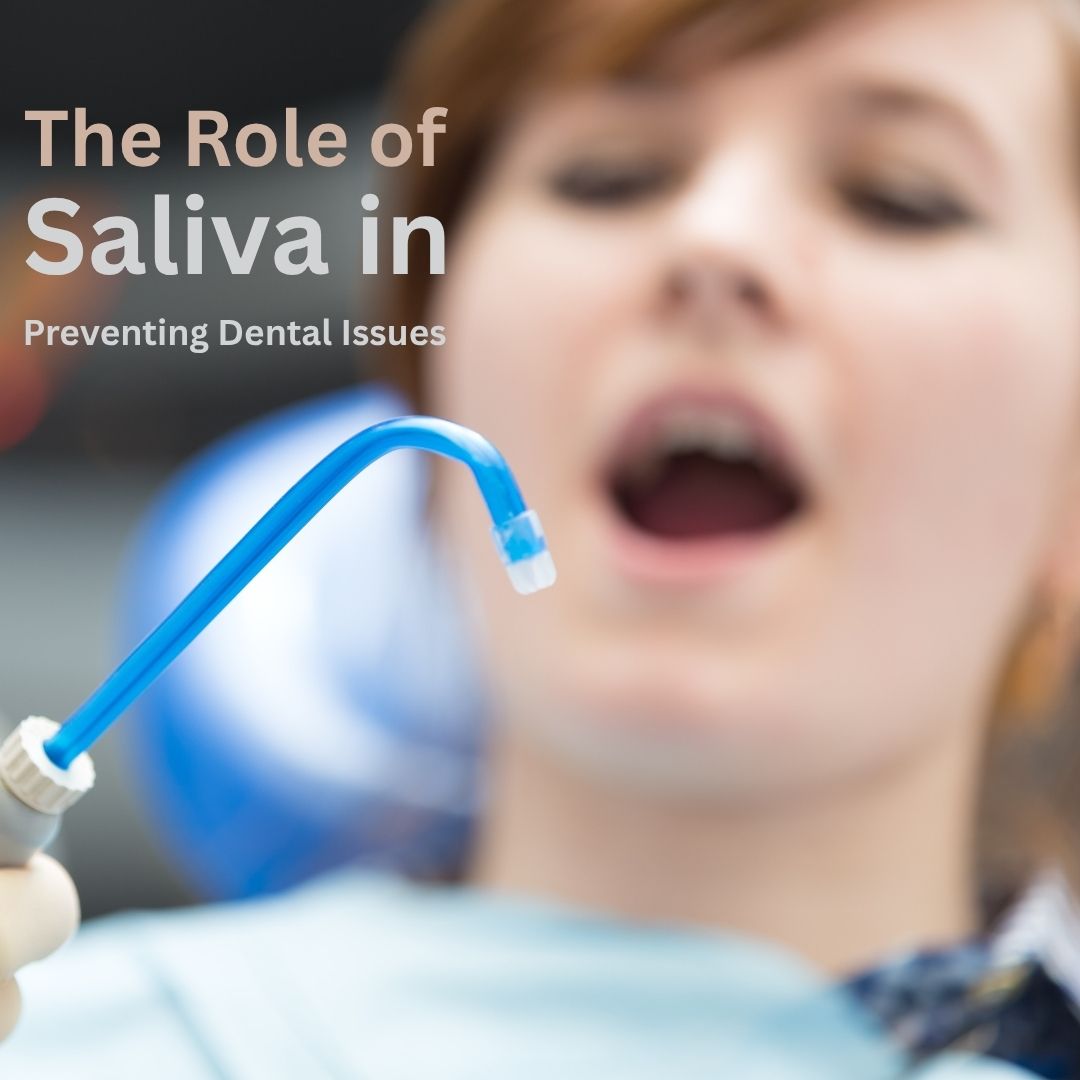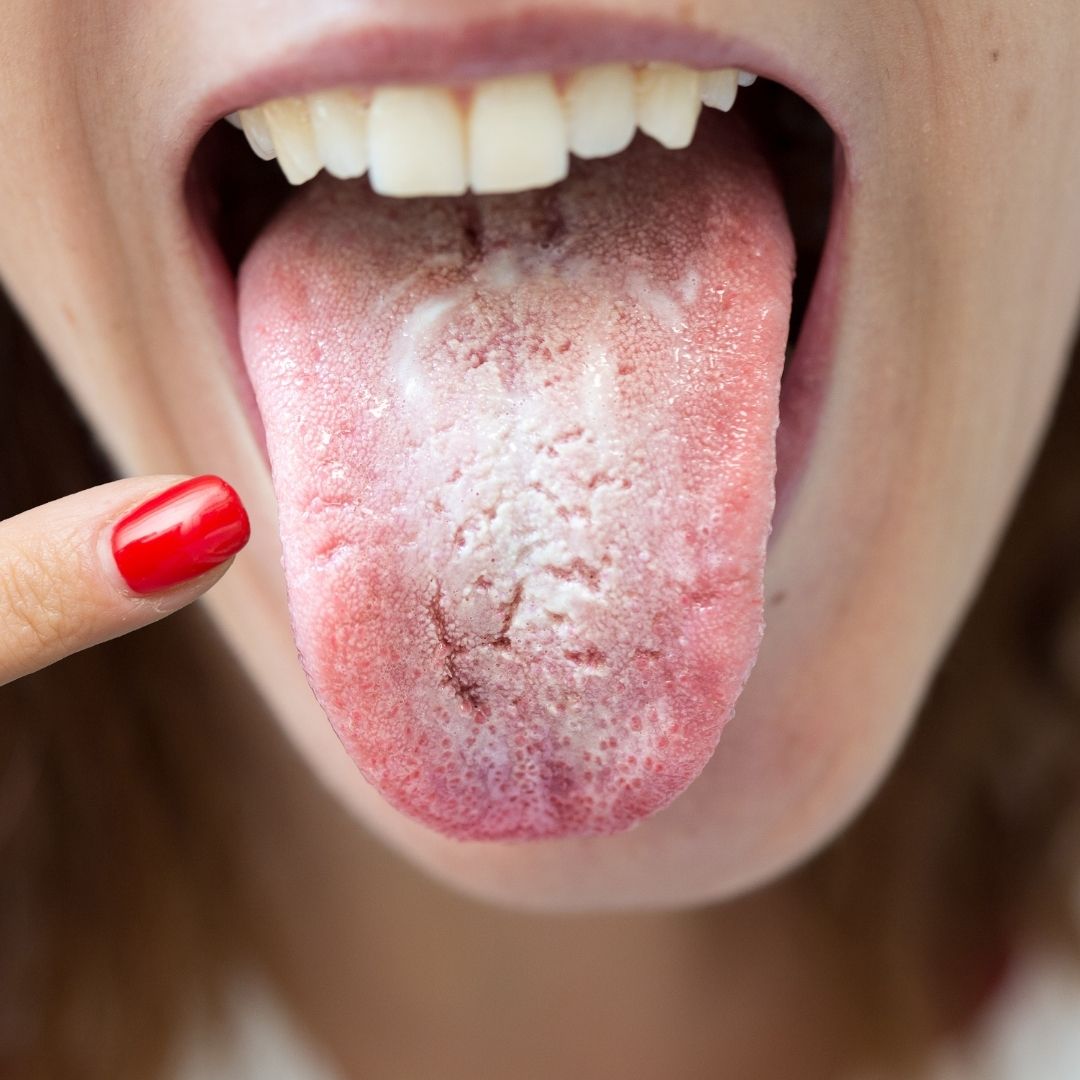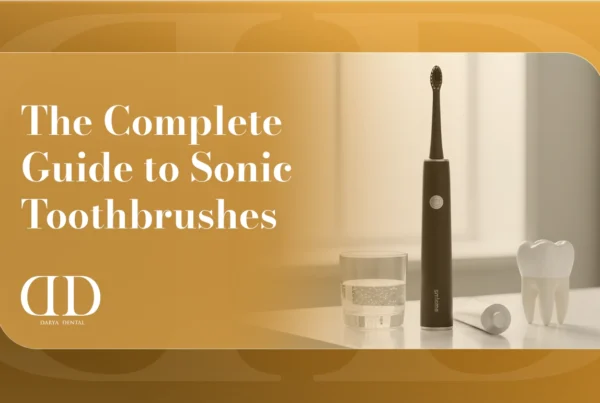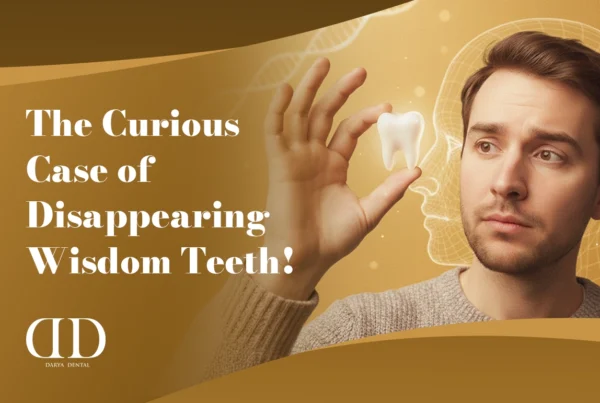
Saliva is often overlooked, yet it plays a critical role in maintaining oral health and preventing dental issues. This natural fluid, produced by the salivary glands, is far more than just a lubricant for chewing and swallowing. It acts as the mouth’s first line of defense against tooth decay, gum disease, and other oral health problems. In this comprehensive guide, we’ll explore the multifaceted functions of saliva, how it protects your teeth and gums, and what happens when saliva production is compromised. We’ll also discuss practical ways to support saliva’s protective effects and highlight why Istanbul, Turkey, is a top destination for addressing saliva-related dental concerns through advanced treatments at clinics like Darya Dental Turkey.
What Is Saliva and How Is It Produced?
Saliva is a complex fluid composed of water (about 99%), electrolytes, enzymes, proteins, and antimicrobial agents. It is secreted by three major salivary glands—parotid, submandibular, and sublingual—as well as hundreds of minor glands in the oral cavity. On average, a healthy adult produces 0.5 to 1.5 liters of saliva daily, with production varying based on factors like hydration, diet, stress, and time of day.
The salivary glands are stimulated by the autonomic nervous system. Chewing, tasting, or even thinking about food triggers saliva production, which is essential for digestion and oral health. Saliva’s composition includes key components like:
-
Amylase: An enzyme that begins carbohydrate digestion in the mouth.
-
Mucin: A protein that lubricates food for swallowing and protects oral tissues.
-
Lysozyme and Lactoferrin: Antimicrobial agents that combat bacteria, viruses, and fungi.
-
Calcium and Phosphate: Minerals that help remineralize tooth enamel.
These components work together to create a balanced oral environment, preventing dental issues before they escalate.
Saliva’s Protective Functions in Oral Health
1. Neutralizing Acids and Preventing Tooth Decay
One of saliva’s primary roles is neutralizing acids in the mouth, which are produced by bacteria or introduced through acidic foods and drinks (e.g., citrus fruits, sodas). Acidic environments erode tooth enamel, the hard outer layer of teeth, leading to cavities. Saliva maintains a neutral pH (around 6.2–7.6) by buffering acids, reducing their harmful effects.
Saliva also delivers calcium and phosphate ions to enamel, promoting remineralization. This process repairs early-stage enamel damage before cavities form. For example, after consuming sugary snacks, bacteria like Streptococcus mutans produce acids that demineralize enamel. Saliva counteracts this by washing away sugars and restoring mineral content, effectively halting cavity progression.
2. Cleansing the Mouth
Saliva acts as a natural cleanser, rinsing away food particles, bacteria, and debris that can accumulate on teeth and gums. This reduces plaque buildup, a sticky film of bacteria that contributes to tooth decay and gum disease. By keeping the oral cavity clean, saliva lowers the risk of gingivitis and periodontitis, which can lead to gum inflammation and bone loss if untreated.
3. Antimicrobial Defense
Saliva contains proteins like lysozyme, lactoferrin, and immunoglobulins that fight harmful microorganisms. These components inhibit bacterial growth, preventing infections such as oral thrush or gum disease. For instance, lysozyme breaks down bacterial cell walls, while lactoferrin deprives bacteria of iron, limiting their ability to thrive. This antimicrobial action is crucial for maintaining a healthy oral microbiome.
4. Protecting Soft Tissues
Beyond teeth, saliva protects the gums, tongue, and oral mucosa by keeping them moist and preventing irritation. Dry mouth (xerostomia) can lead to cracked lips, mouth sores, and increased infection risk. Saliva’s mucin creates a protective barrier, reducing friction during chewing and speaking, which helps prevent tissue damage.
5. Aiding in Early Detection of Dental Issues
Saliva can serve as a diagnostic tool. Changes in its flow, consistency, or composition may signal underlying health issues, such as diabetes, autoimmune disorders, or medication side effects. Dentists in Istanbul, like those at Darya Dental Turkey, often assess saliva quality during consultations to identify risks early and recommend tailored treatments.
What Happens When Saliva Production Is Impaired?
Insufficient saliva production, known as xerostomia or dry mouth, can significantly increase the risk of dental issues. Common causes include:
-
Medications: Antihistamines, antidepressants, and blood pressure drugs can reduce saliva flow.
-
Medical Conditions: Diabetes, Sjögren’s syndrome, and radiation therapy for head/neck cancers can impair salivary glands.
-
Dehydration: Inadequate water intake reduces saliva production.
-
Lifestyle Factors: Smoking, alcohol consumption, and high caffeine intake can dry out the mouth.
Without adequate saliva, the mouth becomes a breeding ground for bacteria, leading to:
-
Increased Cavities: Lack of acid neutralization and remineralization accelerates tooth decay.
-
Gum Disease: Reduced cleansing allows plaque to accumulate, causing gingivitis or periodontitis.
-
Bad Breath: Food particles and bacteria linger, contributing to halitosis.
-
Difficulty Chewing/Swallowing: Dry mouth makes eating uncomfortable and increases choking risks.
-
Oral Infections: Lower antimicrobial protection heightens the risk of thrush or bacterial infections.
Supporting Saliva’s Role in Oral Health
Maintaining optimal saliva production is essential for preventing dental issues. Here are practical strategies to support saliva’s protective functions:
1. Stay Hydrated
Drinking water throughout the day stimulates saliva production and prevents dehydration. Aim for 8–10 glasses daily, and sip water after consuming acidic or sugary foods to rinse the mouth.
2. Chew Sugar-Free Gum
Chewing gum, especially those containing xylitol, boosts saliva flow. Xylitol also inhibits bacterial growth, enhancing saliva’s antimicrobial effects. Chew for 10–15 minutes after meals for best results.
3. Maintain a Balanced Diet
Limit acidic and sugary foods, which erode enamel and feed harmful bacteria. Incorporate crunchy fruits and vegetables (e.g., apples, carrots) that stimulate saliva production and naturally clean teeth.
4. Practice Proper Oral Hygiene
Brush twice daily with fluoride toothpaste and floss to remove plaque, supporting saliva’s cleansing role. Regular dental check-ups, such as those offered by Darya Dental Turkey, ensure early detection of issues like cavities or gum disease.
5. Avoid Drying Habits
Reduce alcohol, caffeine, and tobacco use, as these dehydrate the mouth. If you smoke, seek support to quit, as smoking exacerbates dry mouth and gum disease.
6. Use Saliva Substitutes
For those with chronic dry mouth, over-the-counter saliva substitutes or prescription medications (e.g., pilocarpine) can help. Consult a dentist to explore options tailored to your needs.
7. Address Underlying Conditions
If dry mouth persists, it may indicate an underlying health issue. Clinics like Darya Dental Turkey offer comprehensive evaluations to identify causes and recommend treatments, from salivary stimulants to advanced dental restorations.
Why Istanbul for Saliva-Related Dental Care?
Istanbul, Turkey, is a global hub for dental tourism, offering advanced treatments at affordable prices. Clinics like Darya Dental Turkey specialize in addressing saliva-related issues, such as dry mouth or its complications (e.g., cavities, gum disease). With state-of-the-art facilities, multilingual staff, and internationally accredited dentists, Istanbul provides high-quality care for both local and international patients.
For example, if dry mouth has led to extensive tooth decay, Istanbul clinics offer solutions like dental implants, veneers, or crowns at a fraction of the cost compared to Western countries. A typical dental implant in Istanbul costs $500–$1,000, compared to $3,000–$5,000 in the U.S. or Europe. Similarly, treatments for gum disease, such as scaling and root planing, are performed with cutting-edge technology, ensuring optimal outcomes.
Darya Dental Turkey also offers virtual consultations, allowing patients to discuss saliva-related concerns and plan treatments before traveling. This makes Istanbul an ideal destination for addressing complex dental issues caused by impaired saliva production.
Conclusion
Saliva is a vital yet underappreciated component of oral health, serving as a natural protector against tooth decay, gum disease, and infections. By neutralizing acids, cleansing the mouth, and providing antimicrobial defense, saliva helps maintain a healthy smile. However, factors like medications, dehydration, or medical conditions can disrupt saliva production, leading to serious dental issues. By adopting habits like staying hydrated, chewing sugar-free gum, and seeking professional care, you can support saliva’s protective role.
For those facing saliva-related dental problems, Darya Dental Turkey in Istanbul offers expert solutions, from preventive care to advanced restorations. With affordable pricing and world-class expertise, Istanbul is a top choice for achieving and maintaining optimal oral health. Protect your smile by understanding and supporting the power of saliva today.
References
-
Dawes, C., et al. (2015). “The functions of human saliva: A review sponsored by the World Workshop on Oral Medicine VI.” Archives of Oral Biology, 60(6), 863–874. https://doi.org/10.1016/j.archoralbio.2015.03.004
-
Humphrey, S. P., & Williamson, R. T. (2001). “A review of saliva: Normal composition, flow, and function.” The Journal of Prosthetic Dentistry, 85(2), 162–169. https://doi.org/10.1067/mpr.2001.113778
-
Dodds, M. W., et al. (2005). “Saliva and oral health: A review of the literature.” Journal of Dentistry, 33(3), 223–233. https://doi.org/10.1016/j.jdent.2004.10.020






